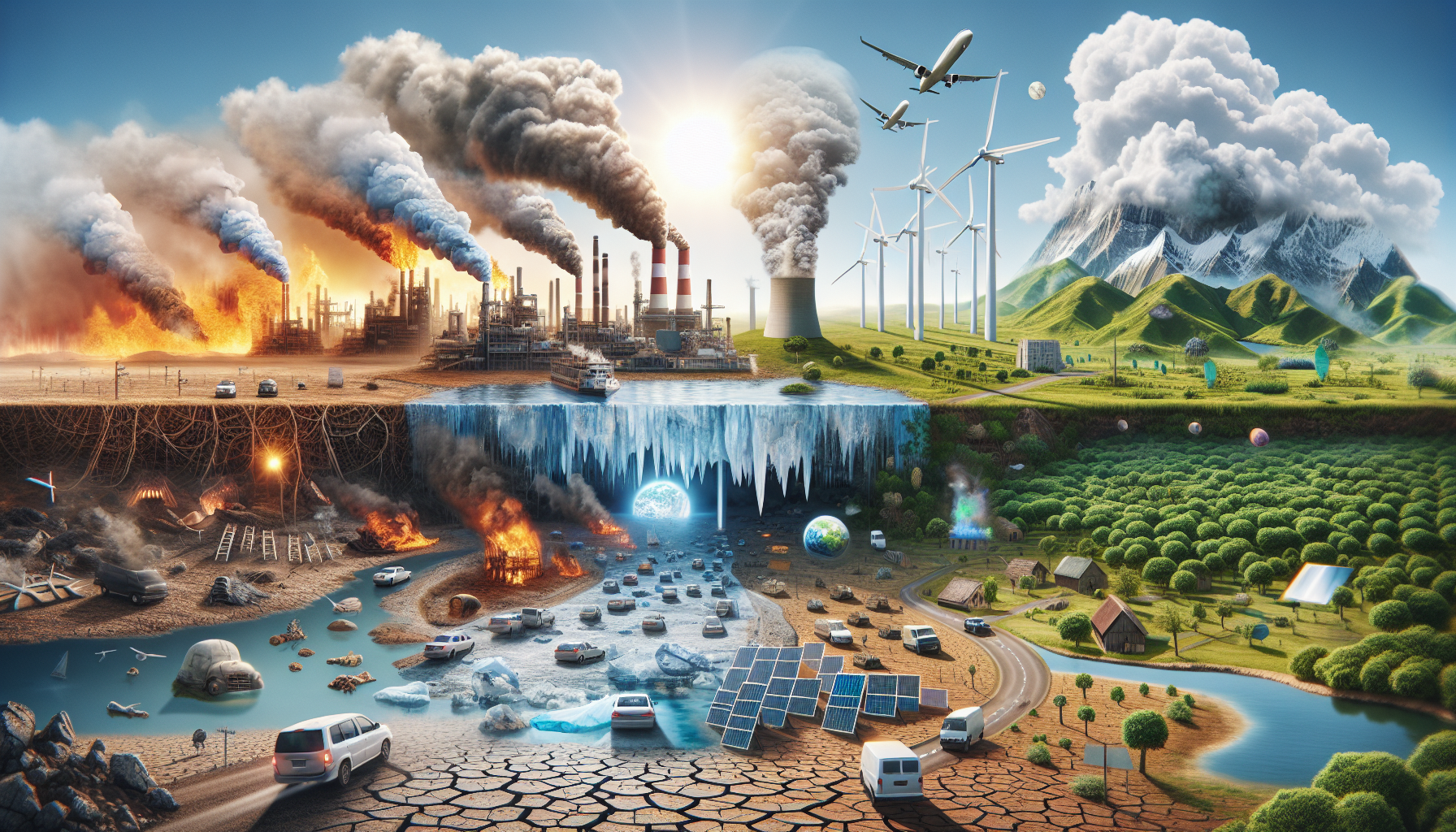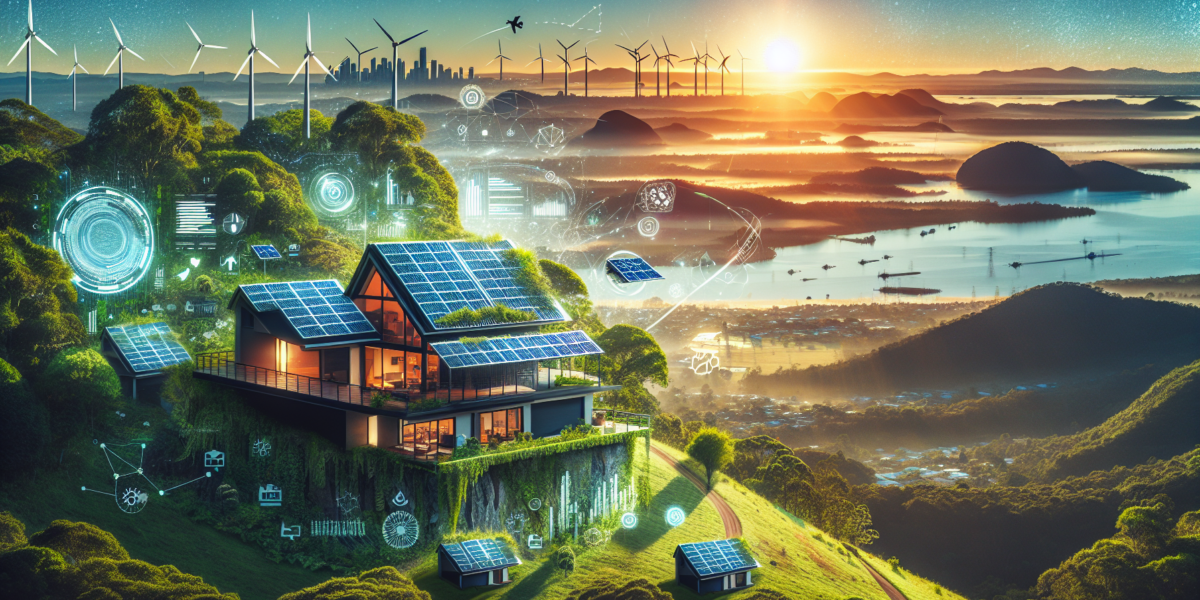In recent years, global warming has become a pressing issue that demands our immediate attention. The rise in global temperatures is causing significant changes to our planet’s climate, leading to severe consequences for both the environment and human populations. In this comprehensive guide, we will delve into the causes of global warming, its impacts on the planet, and most importantly, the mitigation strategies that can help combat this critical issue.
Causes of Global Warming
- Burning of Fossil Fuels: The combustion of fossil fuels for energy production, transportation, and industrial processes releases large amounts of carbon dioxide into the atmosphere.
- Deforestation: The clearing of forests for agriculture, logging, and urbanization reduces the planet’s capacity to absorb carbon dioxide, contributing to the greenhouse effect.
- Agriculture: Livestock farming and rice cultivation release methane, a potent greenhouse gas, into the atmosphere.
- Industrial Activities: Manufacturing processes, cement production, and waste management also emit greenhouse gases that contribute to global warming.
Impacts of Global Warming
- Rising Temperatures: Heatwaves are becoming more frequent and intense, leading to health risks and heat-related illnesses.
- Melting Ice Caps: The melting of polar ice caps and glaciers is causing sea levels to rise, threatening coastal communities and ecosystems.
- Extreme Weather Events: Increased temperatures are fueling more frequent and severe weather events, such as hurricanes, droughts, and wildfires.
- Disruption of Ecosystems: Changes in temperature and precipitation patterns are affecting wildlife habitats, leading to species loss and biodiversity decline.
- Food and Water Scarcity: Shifts in climate conditions are impacting agricultural productivity and water availability, posing challenges to food security.
Mitigation Strategies for Global Warming
- Transition to Renewable Energy: Switching to solar, wind, hydroelectric, and other renewable energy sources can help reduce reliance on fossil fuels and lower carbon emissions.
- Energy Efficiency: Improving energy efficiency in buildings, transportation, and appliances can significantly reduce energy consumption and greenhouse gas emissions.
- Reforestation: Planting trees and preserving forests can enhance carbon sequestration and mitigate the effects of deforestation on climate change.
- Sustainable Agriculture: Adopting practices such as organic farming, crop rotation, and agroforestry can help reduce methane emissions from livestock and soil.
- Advocacy and Policy Change: Supporting policies and initiatives that promote clean energy, carbon pricing, and emissions reductions is crucial for combating global warming.
Global warming is a complex and urgent issue that requires immediate action to mitigate its impacts on the planet and future generations. By understanding the causes of global warming, recognizing its widespread impacts, and implementing effective mitigation strategies, we can work towards a more sustainable and resilient future. Together, we have the power to make a difference and combat climate change for a healthier and greener world. Let’s take action now and switch to solar to contribute to a cleaner and more sustainable future for all.




